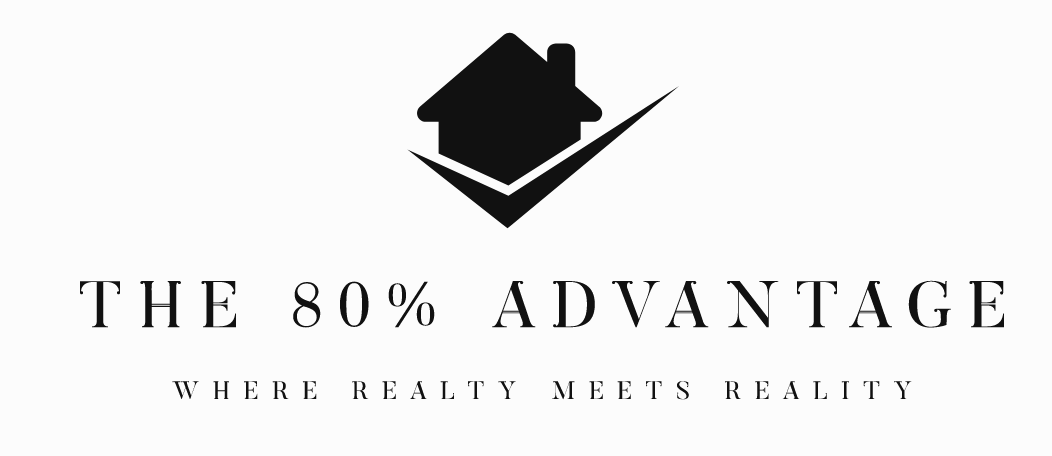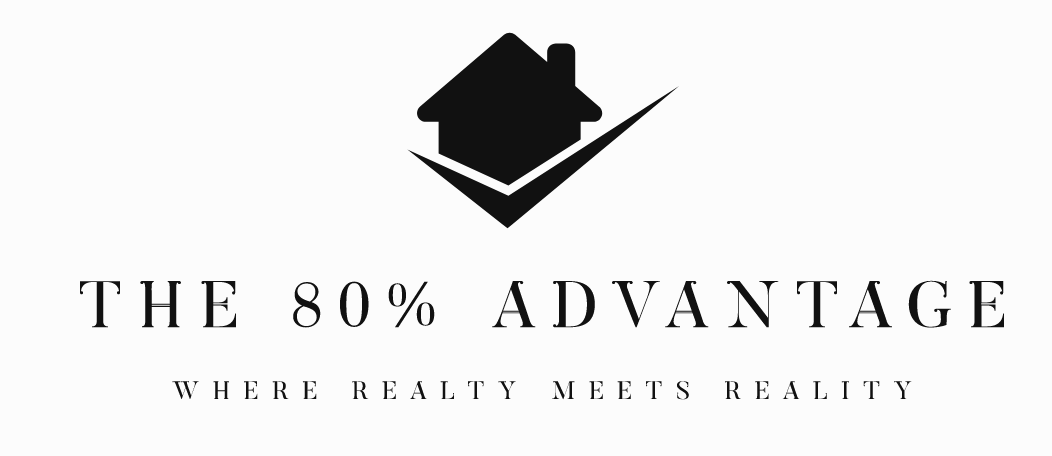Ready for Reality? Let's Chat!
Embrace a home buying journey where dreams align with reality. Get in touch, and let's embark on this advantageous adventure together.
FAQ
Subscribe to our newsletter
Contact Us
Journal

In the world of personal finance, the term 'debt' often carries a negative connotation. Yet, when harnessed wisely, certain types of debt can act as powerful levers for building wealth. Mortgage debt, used strategically in the realm of real estate, stands as a prime example. Understanding 'Good Debt' Before diving deep, it's essential to understand the distinction between 'good' and 'bad' debt. Bad debt typically drains your wealth. It's often associated with high-interest rates and depreciating assets, like credit card debt used for consumption. Conversely, good debt can be an investment that grows in value or produces income. Mortgage debt for real estate investment often falls into this category. The Power of Leverage One of the primary advantages of mortgage debt in real estate is the concept of leverage. Simply put, leverage allows you to control a large asset with a relatively small amount of your own money. For instance, with a 20% down payment, you can own a property that's worth five times that amount. This means that if the property appreciates in value, your returns are based on the total value of the property, not just your down payment. Cash Flow and Rental Income Investing in rental properties with mortgage debt can produce consistent cash flow. When you rent out the property, the monthly rental income can cover the mortgage payments and potentially yield a profit. This monthly income stream, coupled with potential tax benefits like depreciation, can lead to a favorable ROI, even before considering property appreciation. Building Equity Every time you make a mortgage payment, a portion goes towards the principal balance, slowly increasing your ownership in the property, known as building equity. Over time, as you pay down the loan and if the property appreciates, your equity grows, expanding your net worth. Tax Benefits Mortgage interest, especially in the early years of a loan, typically constitutes a significant portion of the monthly payment. In many jurisdictions, this interest is tax-deductible, reducing your taxable income. Additionally, other real estate-related expenses, like property taxes and some maintenance costs, can also offer tax deductions. Considerations and Risks While mortgage debt offers numerous advantages, it's not without risks: - Market Fluctuations: Real estate values can go down as well as up. Leverage magnifies returns, but it also amplifies losses. - Interest Rate Variability: If you have an adjustable-rate mortgage, rising interest rates can increase your monthly payments. - Management Overhead: Especially in rental properties, being a landlord requires time, effort, and sometimes additional expenses. - Liquidity: Real estate is not as liquid as other investments. Selling a property can take time, and there may be significant transaction costs. Conclusion Using mortgage debt to invest in real estate offers a unique blend of leverage, potential cash flow, and tax benefits that can be a powerful tool in wealth creation. However, as with all investments, it's essential to do thorough research, understand the local real estate market, and be aware of the associated risks. When approached judiciously, real estate, bolstered by mortgage debt, can be a cornerstone in a diversified wealth-building strategy.

The decision to purchase a home is not only one of the most exciting milestones in life but also one of the most financially significant. Beyond the immediate considerations like down payment and interest rates, there lies a myriad of other factors that potential homeowners often overlook: the inevitable financial fluctuations of the future. Understanding and preparing for these variations can make a profound difference in one's financial stability and overall home-buying experience. In this article, we dive deep into the importance of factoring in potential future financial changes when calculating mortgage affordability. 1. The Inevitability of Interest Rate Changes Most people are acutely aware of their mortgage interest rate at the time of their home purchase, but many forget that rates, especially if you're on a variable mortgage, can change. Global economic conditions, national economic health, and central bank policies are just a few factors that influence these rates. Actionable Insight: If you're considering a variable rate mortgage, evaluate your financial flexibility to handle potential increases in interest rates. A good rule of thumb is to ensure you could still manage your monthly payments even if rates increased by 2-3%. 2. Rising Living Costs Inflation is a natural economic phenomenon where the price of goods and services tends to rise over time. This extends to property taxes, utilities, homeowner's insurance, and even maintenance costs. Actionable Insight: Research the average annual inflation rate in your country over the past decade. Use this as a guide to incrementally increase the expected yearly costs associated with your home. A cushioned budget can protect you from unexpected spikes in living costs. 3. Potential Major Repairs and Replacements Appliances wear out, roofs need replacing, and sometimes unexpected repairs, like foundation issues, can crop up. It's essential not only to have an emergency fund in place for these expenses but also to anticipate their occurrence. Actionable Insight: Consider setting aside a dedicated home repair and replacement fund. Regularly contribute to this fund, even if it's a small amount, to ensure you're financially prepared when larger repairs are needed. 4. HOA Fees and Community Assessments If you live in a community with a Homeowners' Association (HOA), it's not uncommon for fees to rise. Moreover, unexpected community improvements, like a new community pool or gym, can result in assessments where homeowners need to contribute a lump sum. Actionable Insight: Stay engaged with your HOA and be proactive in understanding their financial health and upcoming projects. This involvement can provide some foresight into potential fee increases or assessments. In Conclusion A home is more than just a structure; it's an investment in your future. By anticipating potential financial fluctuations and planning for them, homeowners can ensure they remain financially stable and enjoy the comfort of their home without the stress of unexpected costs. As the saying goes, "Hope for the best, but prepare for the worst." A well-rounded financial plan that accounts for both the predictable and unpredictable aspects of homeownership can provide peace of mind, security, and long-term satisfaction. Embrace the joy of your home, but always keep an eye on the horizon, ensuring that no financial storm can unsettle your foundation. The true value of a home isn't just in its walls and floors but in the security and stability it provides to its inhabitants. Plan wisely, and your home will be a haven of comfort and financial peace for years to come.

